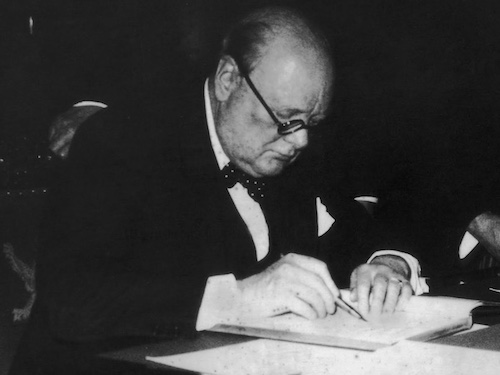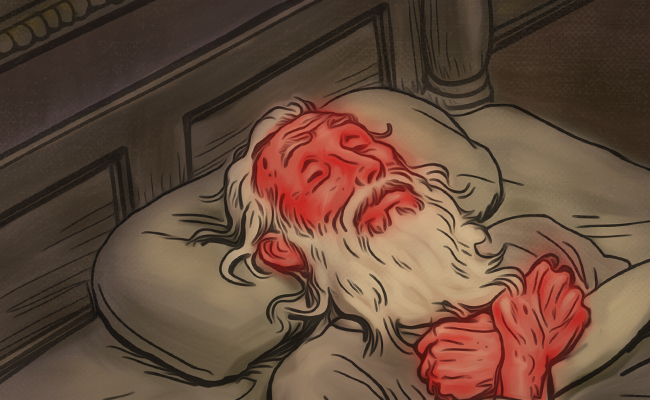
You hand someone a gift and they eagerly tear off the paper around the box. But as they examine the present that was wrapped inside, their smile quickly fades. “This isn’t right for me,” they say. “Here, you can have it back.”
Ouch. Hopefully, you’ve never given this kind of response to receiving a tangible present. Yet you’ve likely done it when receiving another kind of gift: a compliment.
The giving of all gifts requires effort, which in the case of a compliment represents the giver’s choice to overcome the deafening chatter of busyness and self-absorption to recognize some bit of worthiness in a fellow human being; to surmount the inertia of thinking something internally without saying it aloud; and to ignore the common-if-fallacious fear that elevating another somehow makes you less-than yourself.
Yet in response to this effortful largesse, we tend to deny the compliment (“I didn’t think I sounded good at all”); devalue it (“This old thing?”); downgrade it (“The competition wasn’t very strong”); dismiss it (“I just happened into the idea”). Or, we reflexively boomerang the compliment back (“I like your shirt” . . . “I like your shirt”).
We engage in these deflections out of a sense of decorum, the need to evince proper modesty. Yet to contradict a compliment is in fact more impolite than to forthrightly accept it.
Deflection of someone’s compliment questions their taste, the accuracy of their observations, the wisdom of their judgements, their very sincerity. Even when the praise is boomeranged back, it doesn’t read as genuine, since it’s driven by the anxious need to correct a perceived imbalance, rather than spontaneous feeling.
The best, most courteous response to any compliment then is this: “Thank you.”
Thank you for noticing. Thank you for affirming something I may not see in myself. Thank you for the gift.







